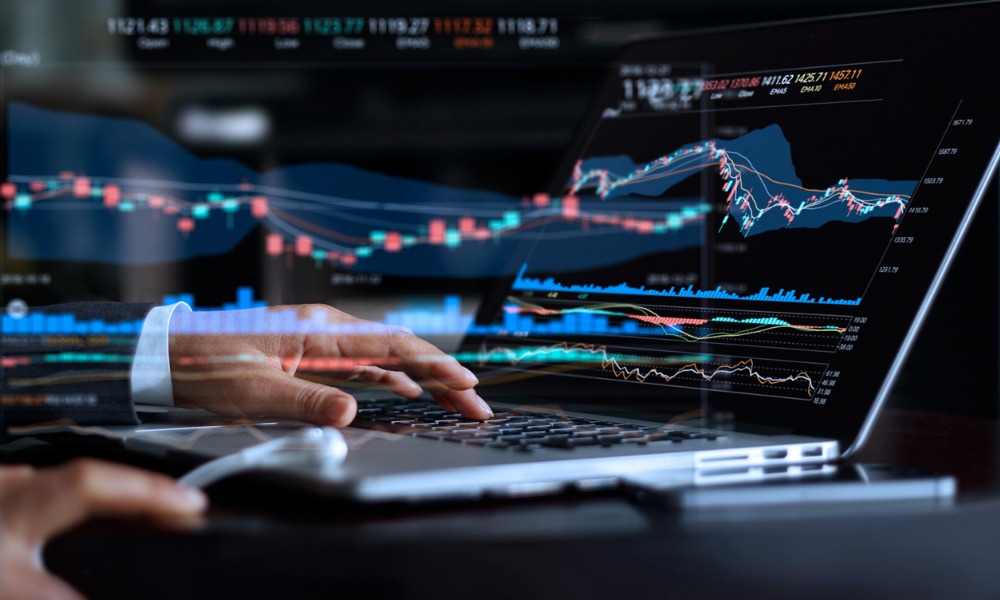Invesco portfolio manager explains what's driven fund's outperformance and why China and South Korea are good places to be

Having “boots on the ground” is a vital part of constructing the right portfolio but it’s even more important in the emerging markets space. More volatile than developed markets, it also exposes investors to more cultures, languages and idiosyncrasies than most could ever dream of.
For Hong Kong-based Jeff Feng, portfolio manager of the Invesco Emerging Markets Class Fund, it’s crucial to have a team that understands the countries where its deploying money. Along with a rigorous research process and strict risk management, it’s an approach that’s paying off handsomely. The fund is in the top 1% of all EM funds in Canada, with an annualized return of 8.03%, having outperformed its benchmark 96% over five years.
In terms of investment philosophy, he told WP it’s a straight-forward approach that’s mirrored by many other asset management firms: investing in attractively priced, high-quality businesses with strong management teams. Its execution, however, is where the four-person team separates itself from the pack.
With a combined 60 years of experience investing in emerging markets, the majority were born and grew up in an EM country before moving to the U.S. or Canada for a spell. An American team member is fluent in Mandarin having studied at one of the top Chinese universities, while another has been covering Latin America for 10 years and has built up such a deep network, she has top executives coming to her wanting to invest.
Feng said: “We do our own proprietary research; we do not actually rely on sales side research because that is often short-term driven. The short term can be very irrational, very volatile but in the longer term, the market is efficient when it comes to rewarding strong businesses. We want to take advantage of the short-term volatility to make good long-term returns.
“It is not uncommon for us to spend over a month or two or longer to research businesses in order to develop a high conviction. We actually run a concentrated portfolio of, currently, 30 names versus some peers who can have 80 or more than 100.”
In today’s world, beset by COVID-19, growth becomes even more valuable and Feng believes EM equities are a good place to find it. While growing faster than developed countries, investors are taking on more risk, which is where trust in the portfolio team, a strong track record and downside protection, an area where the fund has also outperformed, becomes critical.
The recent crash has given EM investors opportunities to find good companies at beaten-down prices. Prolonged quantitative easing and lower interest rates mean, in theory, that the equity of companies with good growth potential should be worth more. Feng said this partly explains the recovery of equity markets, adding that China and South Korea are two countries he likes that have shown a relative ability to weather the coronavirus storm. South Korea also has two other factors that make it an attractive EM proposition.
Feng explained: “The semiconductor industry producing memory chips is big there and they have globally leading companies. With this lockdown, working from home, obviously, the demand goes up quickly. People are also doing more shopping online and therefore actually require more servers for e-commerce providers or companies.
“Korea also has a big shipbuilding industry. It was an industry that had been badly hit but now, because of the excess crude oil, the demand for big shipping tanks is actually very strong.”
In China’s case, its economy is now driven by domestic consumption, meaning it will fare better than countries that rely on commodity prices. Its strength in that area may offset, to some degree, the negative impact of the trade war with America. Feng told WP the impact of the trade dispute, from an investor’s perspective, is very much a case of weighing up the pros and cons.
The U.S. and Europe will impose stricter measures on exports from China, that much is clear. China is also being affected by an increase in its labour costs. Previously its workforce was cheap, relatively well-educated and productive, but it’s now more expensive compared to the likes of Bangladesh or Cambodia, for example.
On the flipside, while apparel firms can move countries, China’s infrastructure and supply chains are sophisticated, meaning the likes of Apple and its major suppliers would find it difficult to relocate. Add in China’s digital infrastructure – 5G and the Internet of Things – and the huge domestic market, and suddenly the county’s consumption power comes to the fore.
Feng said: “Combine all these things together and, yes, China will be affected by the trade war. The globalization we have seen in the past 30 years will probably be slowed down and maybe go in the opposite direction to a certain degree.
“But on the other side, with the huge domestic market and advanced infrastructures, China will be able to keep a big chunk of the production base.”



